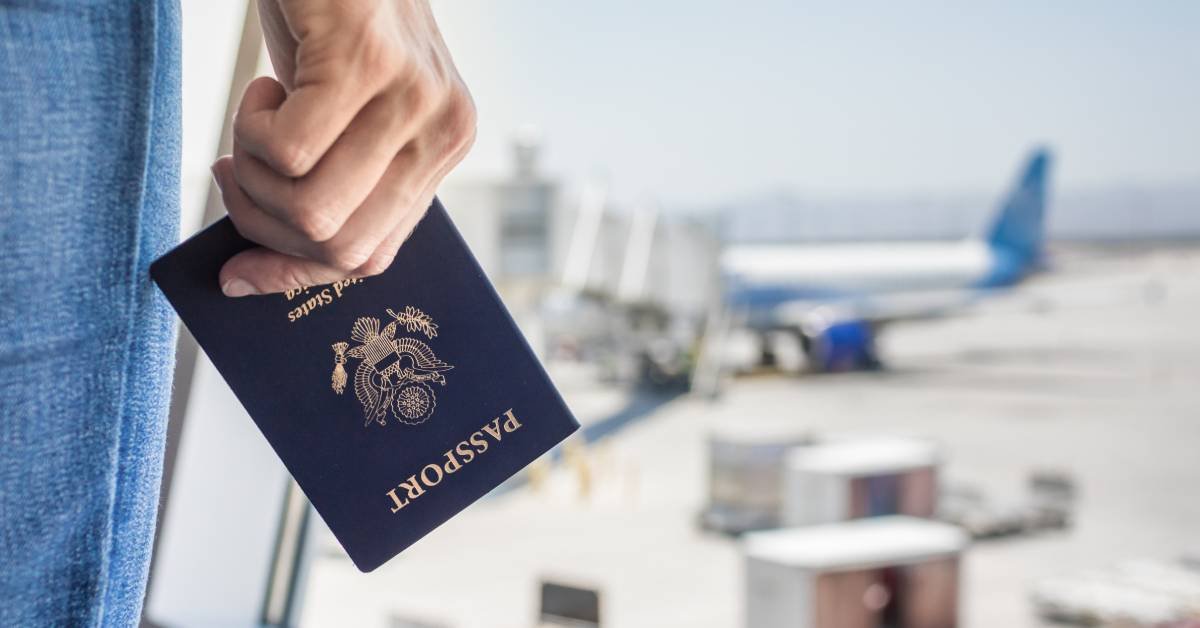Potential Reason You Might Be Denied Entry to a Country

Traveling abroad is an exciting experience, but navigating international borders can sometime come with unexpected challenges. Various entry requirements, strict border control policies, and heightened security measures mean that even minor issues could lead to denial of entry. This article explains a few potential reasons you might be denied entry to a country and how to sort out these qualms to enjoy your trip.
Criminal History and Its Impact
One common reason for denied entry involves a criminal record. Many countries strictly prohibit individuals with certain types of criminal offenses from entering their borders. For instance, convictions involving drug trafficking, theft, or violence are red flags to immigration officials. Even more minor infractions, like driving under the influence, can cause issues, depending on the destination’s policies.
Canada, for example, is known for being particularly strict regarding criminal history. However, options exist if this applies to you. Demonstrating rehabilitation, applying for a temporary resident permit, or seeking legal advice could improve your chances of entry in such scenarios.
Health-Related Concerns
Travelers with certain health issues might also face entry restrictions. Countries often establish health-related entry policies to prevent the spread of communicable diseases or to reduce public health risks. This include illnesses like tuberculosis or concerns about pandemics like COVID-19.
Additionally, if a person’s health condition is a potential burden to the country’s healthcare system, entry could be denied. Being upfront about your health records, carrying necessary documentation, and checking destination-specific health guidelines are critical steps to avoid delays or complications at the border.
Past Immigration Infractions
Previous immigration violations will leave a lasting mark on your travel history. Overstaying a visa, working without proper permits, or attempting illegal entry are just a few examples that can have a significant impact on your ability to travel internationally.
Border officials often use complex databases and systems to flag travelers with prior immigration infractions. Consequently, travelers with violations on record may find themselves inadmissible upon arrival. If you’ve encountered such issues, consulting an immigration lawyer before your trip will help you assess your situation and explore possible remedies.
Misrepresentation Costs
Providing false information on visa applications or during immigration interviews is another reason travelers face entry denial. Misrepresentation could include anything from overstating your income to omitting information about prior deportations or travel history. Even seemingly small inaccuracies will raise red flags with immigration officials.
Always fill out visa applications and respond to border agents’ questions with complete honesty. If they discover errors, this may permanently impact your ability to enter that country in the future. Invest time in reviewing and double-checking all information you provide to prevent unintentional mistakes.
While many issues may lead to entry denial for countries around the world, Canada is particularly known for strict entry regulations. If you’re denied entry to Canada, the next steps involve understanding the specific reason, consulting legal or immigration professionals for clarity, and exploring any applicable appeal or review processes.
Patience and preparation are vital to address the situation appropriately and improve the odds of future entry. If you’re denied entry to a country and looking to resolve the issue quickly, consider how these potential reasons may be affecting your travels.



